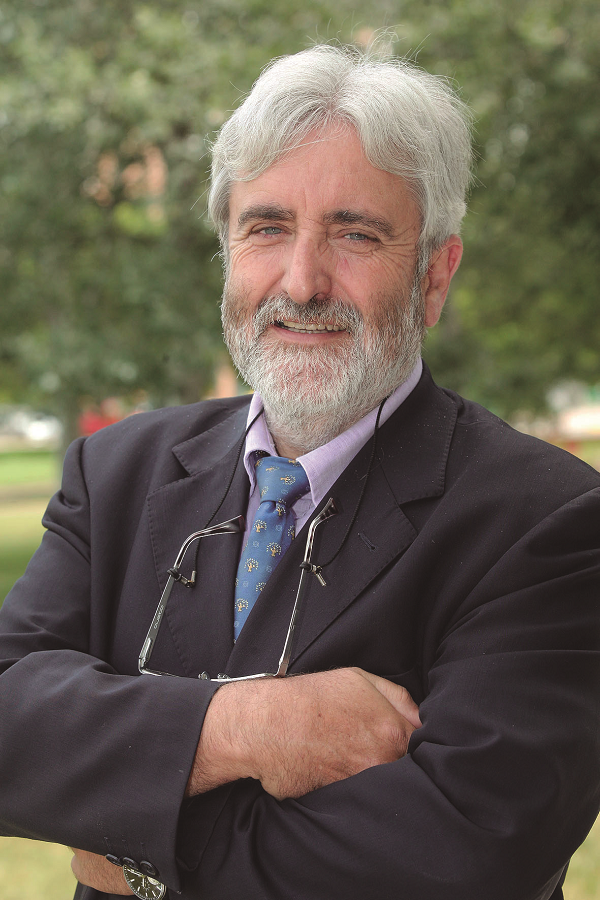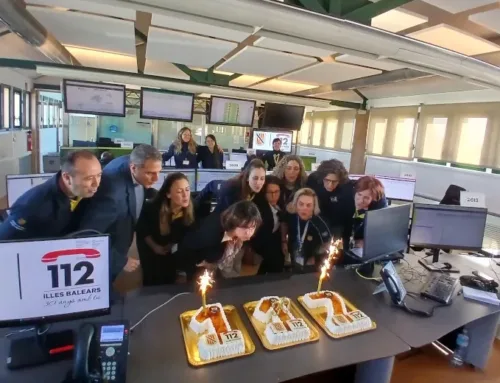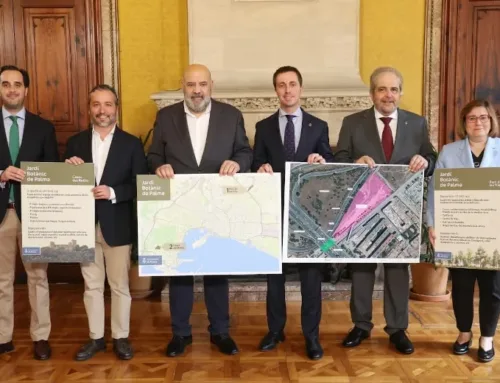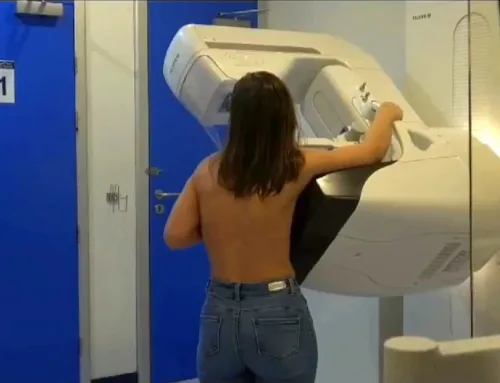Text: Andreu Palou. Professor and Director of the Laboratory of Molecular Biology, Nutrition and Biotechnology (LBNB) of the University of the Balearic Islands and from the research group on Nutrigenomics of CIBEROBN.

Andreu Palou.
Major crises can lead to both profound social changes as well as new opportunities to spark hope and inspiration, such as those we must weather before a true return to normality in early 2021; The last, perhaps most severe, wave of the pandemic, which scientists warned us was going to occur, although they could not predict exactly when.
At this turning point, the vaccine provides a way for us all to progress together in areas such as health, well-being and scientific knowledge, as well as the promotion of a more sustainable economy. Progress could also be made in regards to tourism if we would stop trailing behind and instead choose to innovate within an industry the R&D which we should be leading worldwide, at the crossroads between tourism, biology and mathematics,.
There is little we can predict about how things will be when we reach level of control and assumable impact of the pandemic, manageable for most of us, within a reasonable manner. What is clear, however, is that science and globalization have made it possible to rapidly counter the greatest threat the world has faced in the last 75 years.
Given the necessary resources, science prevails: Just 9 months after SARS-CoV-2 (The virus which causes COVID-19) was identified, humanity has in its arsenal a wide range of, ostensibly, safe and effective vaccines.
However, while these vaccines may garner the most attention, they are just one of many breakthroughs made possible by the fundamental research which has been carried out ever since we first encountered the virus.
Scientists around the world, all communicating as they never have before, have made unprecedented advancements in deciphering key aspects of this virus, identifying ways to limit the infection and its spread, mapping the virus’ structure, its biochemistry, molecular biology and method of infection, how it adheres to and permeates cells thanks to specific receptors, how it replicates and how it could mutate, aspects of its RNA and new detection methods as well as developing predictive mathematical models, a vital tool in modern epidemiology and one which has already proved to be of great benefit, especially to those administrations who were better prepared to incorporate these discoveries.
In the coming years, besides still having to live with SARS-CoV-2, we will face new challenges. The environment, our biodiversity, our natural resources, global food security and, of course, future pandemics. Science is our only hope. It does not provide us with absolute truths, rather it interprets our world in a consistent and verifiable way and permits us to do away with “assumptions” based solely on beliefs or false premises and information twisted by outside influences and interests.
Upholding science is even more essential in today’s society, where fake news can, itself, propagate like a virus and twist our perception of the world, even in the face of objective facts.







Leave A Comment